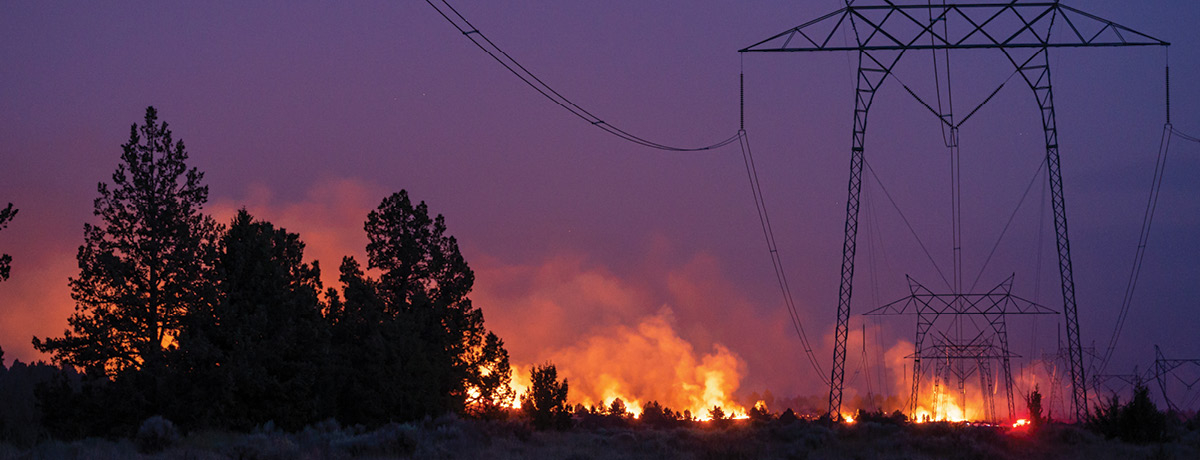In September, the federal government filed a hefty lawsuit against Southern California Edison, the largest subsidiary of the electric utility company Edison International. According to the claims, the government openly accuses Southern California Edison and its contractor of failing to adequately maintain trees and brush that made direct contact with power lines, sparking the 2020 Bobcat wildfire, which still stands as one of the largest wildfires ever to hit Los Angeles County.
Federal Government Sues Southern California Edison for $121 Million Over Bobcat Wildfire
The lawsuit, filed in U.S. District Court against Southern California’s primary electricity utilities provider, seeks over $121 million in monetary damages, covering the cost of quelling the flames and the damages sustained to private property and the overall depletion of natural resources. This lawsuit arrived only a few months after Southern California Edison was hit with negligence and public nuisance claims by the California Superior Court in connection to the 2018 Woolsey wildfire.
“Forest Service investigators determined that the Bobcat fire ignited due to a tree in contact with power lines conductors owned and operated by Southern California Edison and maintained by SCE and Utility Tree Service. The contact resulted in the ignition of vegetation on a branch, which fell to the ground and spread,” the recently submitted legal complaint states.
The Bobcat fire, which started raging in September of 2020, engulfed and completely burned nearly 116,000 acres of land or an area approximately equal to the size of Denver, CO. According to federal authorities who surveyed the damages, about 99,000 of that acreage was within the Angeles National Forest system. Additionally, the strength of the Bobcat blaze destroyed 87 privately owned residences, 83 commercial structures and 178 vehicles. With that, 28 homes incurred significant damages, and at least six local firefighters sustained injuries while trying to combat the flames.
Reggie Kumar, a spokesman for Southern California Edison, recently said the company is in the process of extensively reviewing the lawsuit and remained adamant that it would be inappropriate to further discuss the case outside of the court process. “Our thoughts remain with the people who were affected by the Bobcat fire, who lost homes and vehicles and were evacuated,” stated Kumar, as reported by the Los Angeles Times.
“The public has been prevented from recreating on the more than 100 miles of popular system trails and in numerous campgrounds within the burn area in the nearly three years following the fire. The fire effects have been, and will be, detrimental to habitats and wildlife, including the federally endangered mountain yellow-legged frog and other federally threatened fish and birds,” concluded the complaint.





























